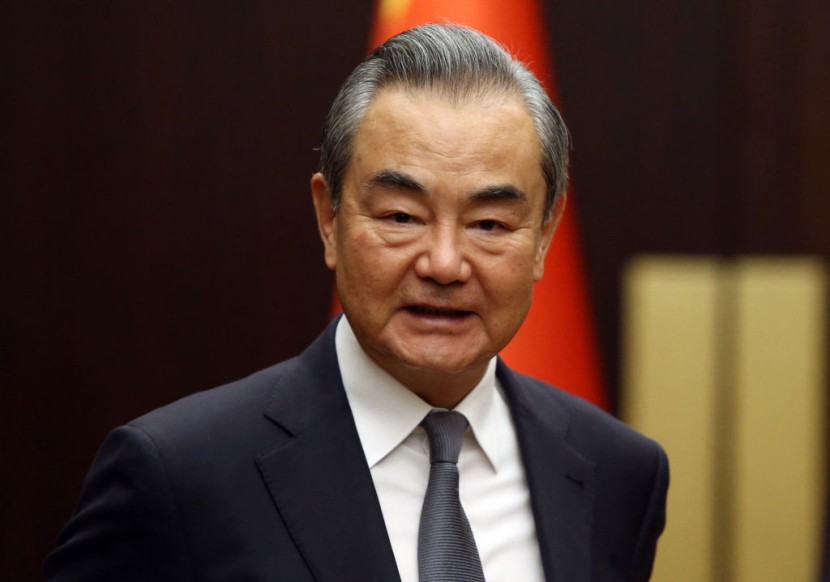
China has taken a neutral stance over the Israel-Hamas conflict that has killed thousands of people, including civilians, angering officials from the Jerusalem government.
The situation comes after Chinese President Xi Jinping hosted the Palestinian president, Mahmoud Abbas, in Beijing in June. He also invited Israeli Prime Minister Benjamin Netanyahu for an official state visit, which was accepted.
China's Stance on the Israel-Hamas Conflict
But the attack on Israel suddenly occurred, which made Netanyahu's visit to Beijing, which was set for late October, uncertain. Hamas' attack also tested Beijing's Middle East approach as the Asian nation's stated neutrality on the war has upset the Jerusalem government. However, experts said Beijing has more to gain in the long run by forging closer ties with Arab countries.
In a statement, a professor of international relations at Beijing-based Renmin University of China, Shi Yinhong, said that for a while, China's Middle East policy was paralyzed by the conflict. Additionally, the United States, which strongly supports Israel, is directly or indirectly involved, as per Yahoo News.
In the past week, Zhai Jun, China's Middle East envoy, could also talk to Palestinian and Egyptian officials via phone. He called for an immediate ceasefire and provision of humanitarian support for the Palestinian people.
The Chinese official also called Israeli officials to say that Beijing has "no selfish interests on the Palestinian issue but has always stood on the side of peace, on the side of fairness and justice." He added that the Chinese government is willing to work with the international community to promote peace and encourage talks between Israel and Palestine.
Chinese Foreign Minister Wang Yi made stronger statements regarding the current conflict, which were viewed as leaning more towards Palestine. He said the "crus of the matter is that justice has not been done to the Palestinian people."
According to Politico, his remarks were made while speaking to Saudi Arabian Foreign Minister Faisal bin Farhan Al Saud and included claiming that Israel's actions have gone beyond what could be called self-defense.
Calling for Peace
A Chinese media outlet noted that Wang said that China's pressing task right now is protecting civilians' safety, opening humanitarian corridors for aid, and protecting the people's basic needs in Gaza.
Prior to the Israeli-Hamas conflict, Israel and Saudi Arabia were supposedly working in tandem toward a normalization of relations. This would have been a development that made significant shifts in the dynamic in the Middle East.
China's efforts to shore up support within the Middle East are part of a plan to legitimize authoritarian practices and erode human rights protections on the international stage. A senior non-resident fellow at the Atlantic Council, Jonathan Fulton, said that Beijing is trying to promote alternative norms in global politics and sees Arab states as a natural constituency to try to attract.
He added that by working to appeal to Arab countries, China hopes to get more support for the reforms it wants to push through in the global system, said Axios.
Related Article: China Repatriates North Koreans, South Korea Condemns








